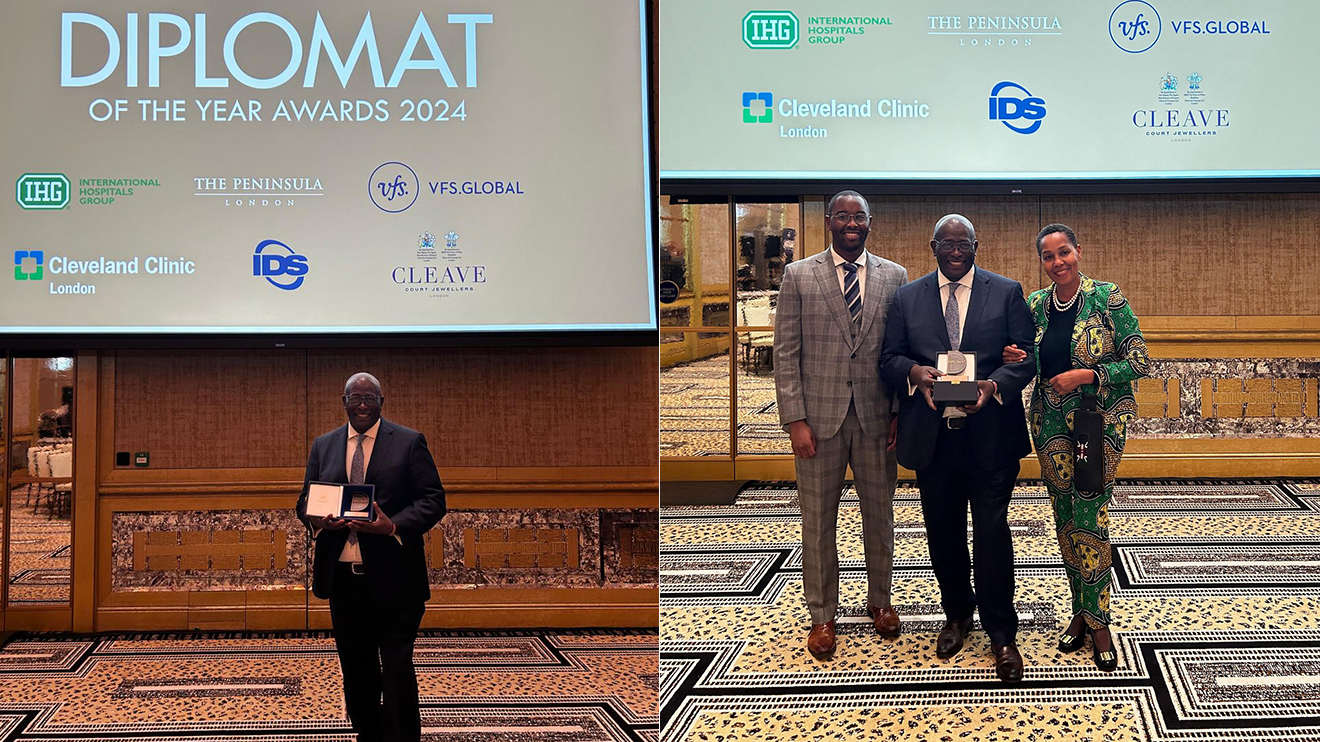A shocking exposé by the Public Service Commission (PSC) has revealed a rampant culture of academic fraud within Kenya's state entities, with over 200 individuals dismissed and nearly 60 forced to resign for presenting forged qualifications to secure government jobs.
This widespread deception has rocked institutions like Kenya Railways, Kenya Medical Training College, and Moi Teaching and Referral Hospital, raising concerns about competence, trust, and the potential infiltration of unqualified personnel into critical sectors.
The PSC report, presented to Parliament, paints a grim picture. Out of 650 individuals investigated, a staggering 202 were found to have fabricated academic documents, leading to their immediate dismissal.
An additional 58, sensing the impending axe, jumped ship and tendered their resignations.
This rampant forgery wasn't confined to a few isolated cases; it permeated nearly every corner of the state apparatus, with institutions like Kenya Railways (55 sacked), KMTC (35 sacked), and Kenya Medical Supplies Agency (16 sacked) bearing the brunt of the purge.
Read More
"There was no action taken against four, and there was no information provided with regard to 242 certificates found to have been forged," the report states, highlighting a worrying lack of accountability and potential cover-ups.
Simon Rotich, the PSC Chief Executive, further revealed that "most of the forged certificates reported were from State corporations and Semi-Autonomous Government Agencies at 76.3 per cent, and ministries and State departments at 17.9 per cent," indicating a systemic problem deeply embedded within the public sector.
The PSC's proactive measures, implemented through circulars requiring academic and professional certificate authentication, are commendable.
However, the sheer scale of the uncovered fraud raises questions about the vetting processes employed by individual institutions and the potential loopholes exploited by forgers.
The report's findings also underline the urgency of implementing stricter verification mechanisms and stiffer penalties for those who attempt to game the system.
Beyond immediate disciplinary action, this episode necessitates a critical introspection into the factors driving such widespread academic dishonesty.
Are inflated expectations surrounding paper qualifications pushing individuals to resort to desperate measures?
Is the current education system adequately equipping graduates with the skills and knowledge demanded by the job market?
These are crucial questions that must be addressed to deter future forgeries and ensure competence within the state workforce.
The ghost of forged degrees now haunts the corridors of Kenya's state institutions.
The mass sackings and resignations serve as a stark reminder of the need for robust vetting procedures, ethical recruitment practices, and a renewed emphasis on meritocracy within the public sector.
Only by tackling these issues head-on can Kenya rebuild trust and ensure that taxpayer-funded jobs are filled by qualified and deserving individuals.









